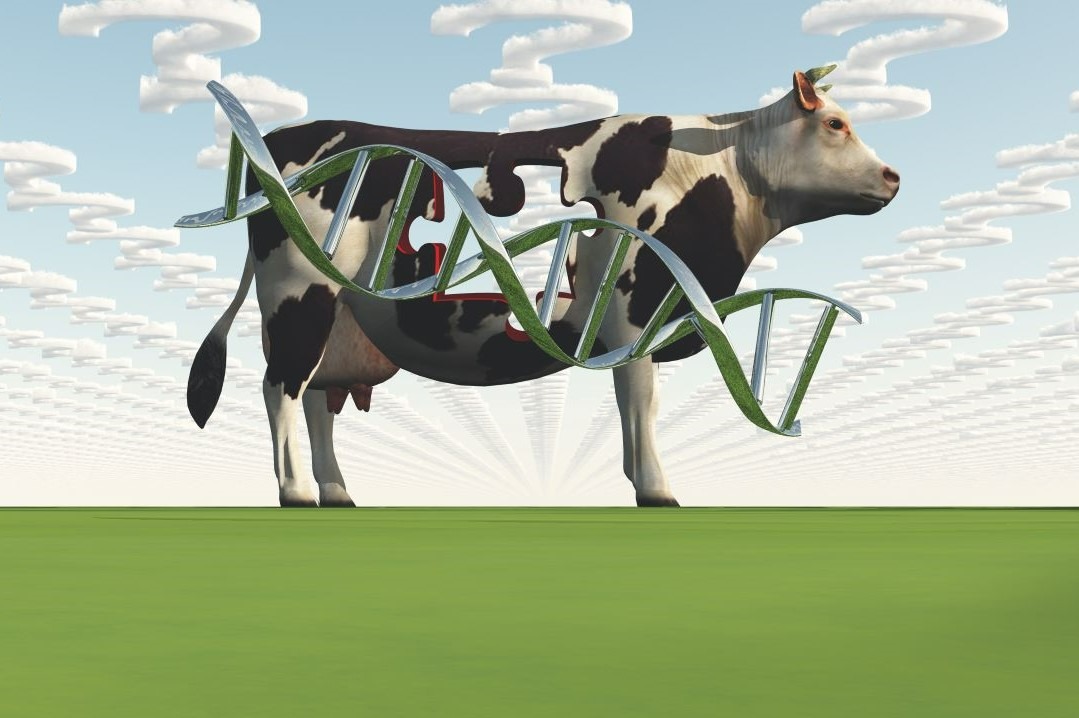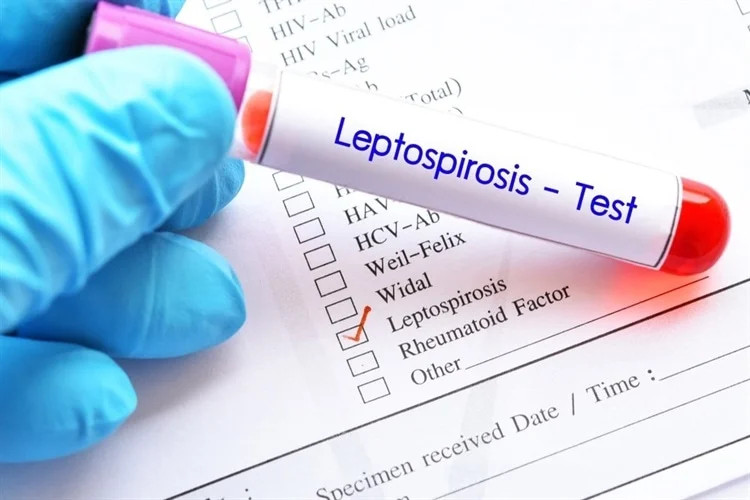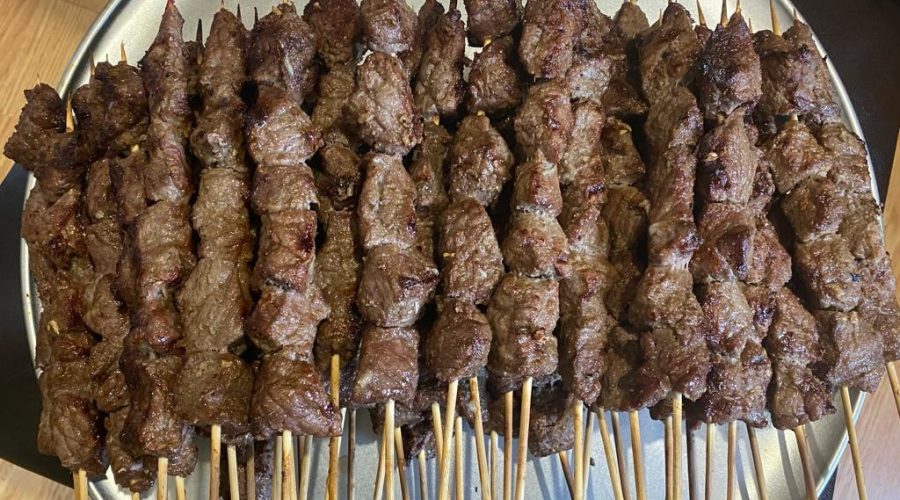Estimating genetic parameters for heat tolerance in dairy cattle is an important aspect of breeding programs aimed at improving the resilience and productivity of intended animals in hot environments. Genetic parameters provide valuable insights into the heritability and genetic correlations of traits, which in turn help in selecting appropriate breeding strategies and identifying the most promising animals for heat tolerance traits.
Heat tolerance in dairy cattle is a complex trait influenced by multiple genes and their interactions. While research on the specific genes associated with heat tolerance is ongoing, several candidate genes have been identified. These genes are involved in various biological processes, including heat shock response, thermoregulation, and immune function. These candidate genes provide potential markers for selection and can be used in conjunction with other genetic and phenotypic data to estimate genetic parameters for heat tolerance traits.
To estimate genetic parameters for heat tolerance in dairy cattle, various statistical models can be used. A researchers from Sokoine University of Agriculture (SUA), Morogoro, Tanzania; Tanzania Livestock Research Institute (TALIRI) Eastern Zone, Tanga; International Livestock Research Institute (ILRI), Nairobi, Kenya; and School of Animal Sciences, Virginia Polytechnic Institute and State University, Blacksburg, VA, United States, were reviewed for the responsible genes and models for estimating genetic parameters for heat tolerance in dairy cattle. Heat stress causes a decline in milk yield, reduced dry matter intake, reduced fertility rates, and alteration of physiological traits (e.g., respiration rate, rectal temperature, heart rates, pulse rates, panting score, sweating rates, and drooling score) and other biomarkers (oxidative heat stress biomarkers and stress response genes).
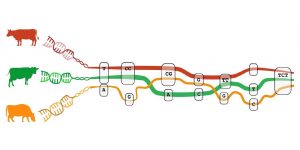
The review synthesizes information pertaining to quantitative genetic models that have been applied to estimate genetic parameters for heat tolerance and relationship between measures of heat tolerance and production and reproductive performance traits in dairy cattle. Moreover, the review identified the genes that have been shown to influence heat tolerance in dairy cattle and evaluated the possibility of using them in genomic selection programmes. Combining genomics information with environmental, physiological, and production parameters information is a crucial strategy to understand the mechanisms of heat tolerance while breeding heat tolerant dairy cattle adapted to future climatic conditions. Thus, selection for thermotolerant dairy cattle is feasible.
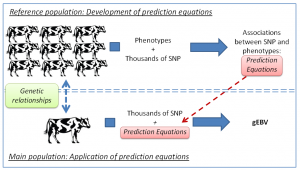
For more details: Click here
Habimana, V., Ekine-Dzivenu, C. C., Nguluma, A. S., Nziku, Z. C., Morota, G., Chenyambuga, S. W., and Mrode, R. (2023). Genes and models for estimating genetic parameters for heat tolerance in dairy cattle. Frontiers in Genetics, 14, 1127175.
The Department of Animal, Aquaculture, and Range Sciences
The College of Agriculture, Sokoine University of Agriculture
Share this page

